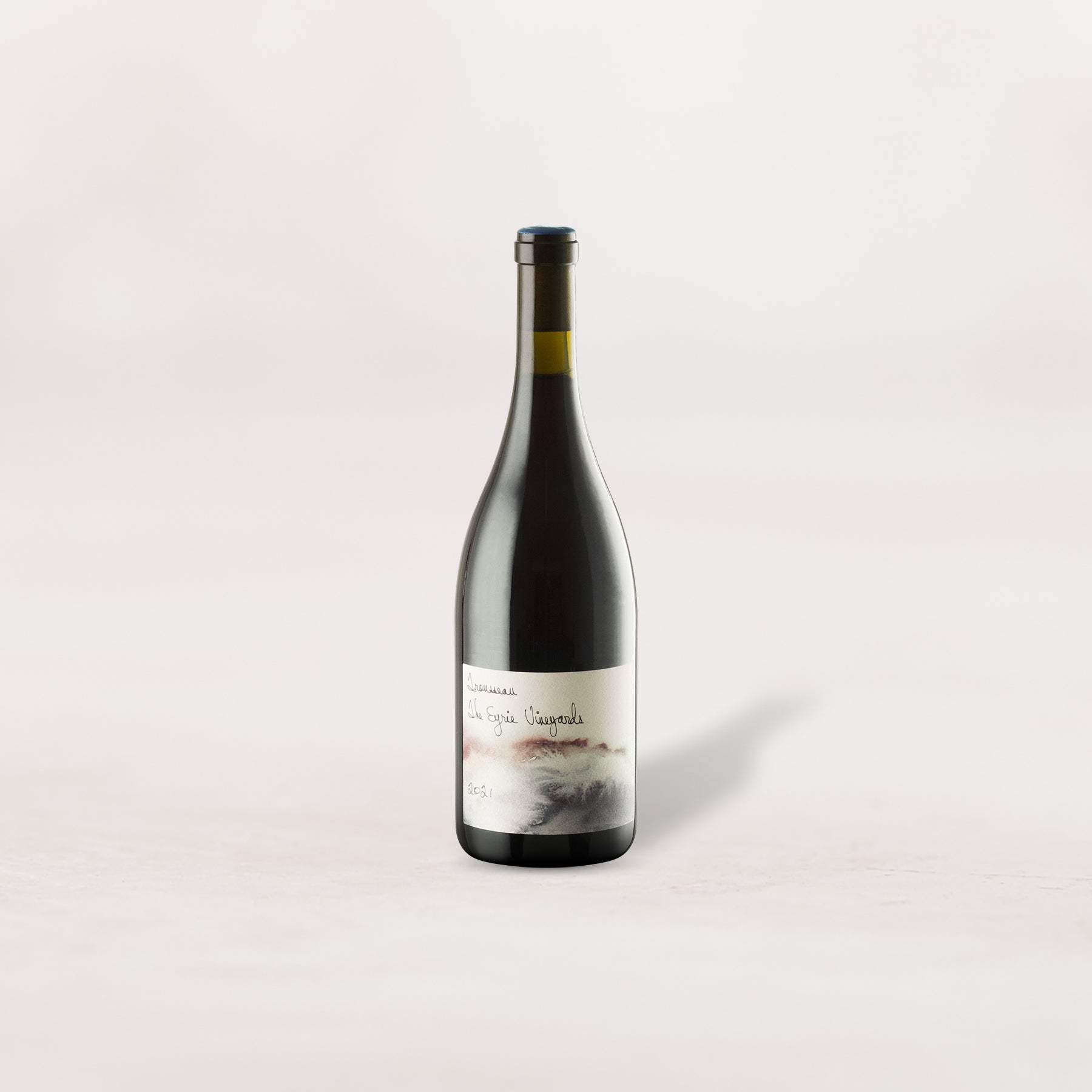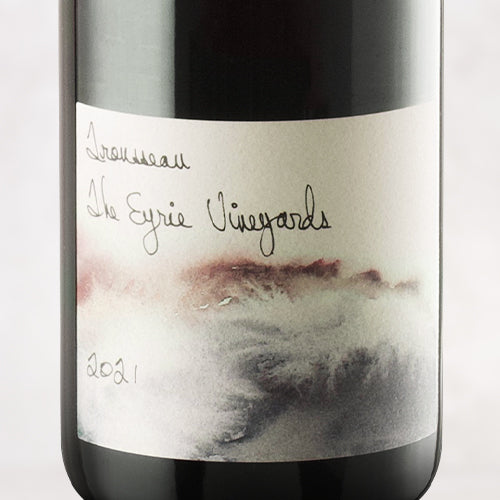You might think, after reading our earlier offer highlighting the instrumental role the Lett family played in establishing Willamette Pinot, that they’d be happy to rest on their laurels. But as evinced by their unexpected and stunning Trousseau, nothing could be further from the truth. This is a sinewy, berry-laden, autumnal beauty that combines joy and seriousness like the best examples from the Jura. It’s as good a demonstration as you’ll find of just why such an obscure grape has captured the hearts of sommeliers. And yet again, just like with Pinot Noir, the Letts were the first to plant the variety in the Willamette Valley. It’ll make you wish more people followed suit. The Lett family’s wines are vital not just to the past and present of the Willamette Valley, but its future, too. Thankfully, they’re also seriously delicious!
*Note: due to the winery’s holiday schedule we anticipate shipping the Eyrie wines in the second week of January.
After a decades-long career pioneering Oregon viticulture, David Lett passed the family business to his son Jason in 2005. Jason grew up in the vines, and went abroad to France and the Southern Hemisphere to study grape-growing in the early 1990s. Largely, his job on the farm has been to keep doing what his father did; as with so much else, David was ahead of his time in the vines too. From the start he’d been organic, of course, but he also never tilled the soil. He allowed native plants to grow around the vines and mowed them only when absolutely necessary. It’s called “regenerative farming” these days, but when David began it was just the way he thought it should be done. Jason has fine-tuned things, begun spraying more homeopathic remedies like citrus oils and cinnamon, but farming happens today more or less just as it did in David’s time.
But Jason, being of a younger generation, also has more experience with a wider world of wine than his father did. The Jura, that charmingly rustic region in the east of France, would barely have been on David’s radar. But like so many wine lovers these days, Jason fell hard for the region, so he planted Trousseau in 2012. It’s a variety that actually makes a lot of sense here in the Willamette. In the Jura, it produces aromatic, translucent reds that sing with tense structure and earth tones. That side is reflected in Eyrie’s 2021 bottling. But it’s also grown widely in the Douro in Portugal, where it brings much-needed freshness and lift in that warm climate. Considering that, like so many regions, the Willamette seems to grow warmer each vintage, Trousseau may prove a viable option should the Valley ever become too warm for Pinot.
Jason’s winemaking is slightly more au courant than David’s was, at least where Trousseau is concerned. He uses zero sulfur at any point in the winemaking process, before aging the wine in neutral barrels. This ticks every “natural wine” box, while remaining clean and terroir-transparent. It captures the best aspects of natural wine—the joyful deliciousness, the aromatic lift, the sheer energy—with none of the faults. It pours a very pale ruby red, leading into a panoply of red fruit and woodsy aromatics. Crushed raspberry, sour cherry, redcurrant, fresh strawberry notes sit alongside mossy forest floor, fallen leaves, white pepper, black tea, and spiced orange peel. Structurally, it’s surprisingly serious, with sandy, prominent tannins and a bright throughline of acidity, with plenty of depth and weight to back it up. The shimmering red fruit of the nose is mirrored on the palate, offering breadth and depth to buttress the structure. While we’ve only tasted a handful of Trousseau from outside the Jura, this stands out as the unequivocal best. Pinot lovers, Jura lovers, Willamette lovers, go deep on this!











